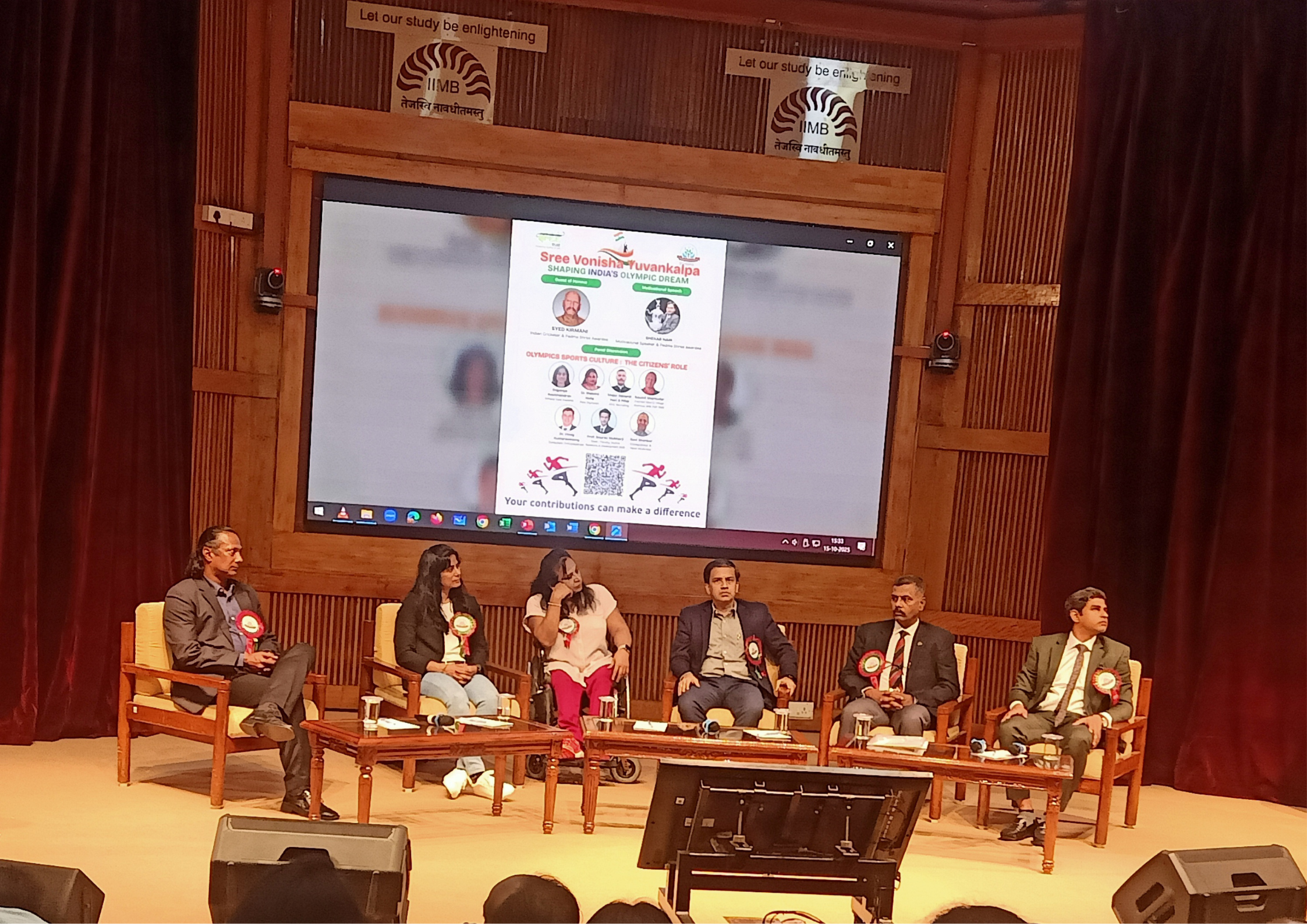How Indian States Are Driving the Next Startup Revolution

When the Startup India mission was launched in 2016, the intent was clear — to create a national framework for nurturing entrepreneurship. But as the ecosystem evolved, one realization became evident: India’s diversity demanded localized innovation policies. The entrepreneurial needs of a textile hub in Tamil Nadu differ vastly from those of an agritech cluster in Punjab or a fintech startup in Maharashtra.
This recognition gave rise to the state-level startup policy movement — one of the most defining shifts in India’s innovation story. Today, nearly every Indian state and union territory has its own startup policy, creating a multi-layered ecosystem where local governance and national vision converge.
The Genesis of State Startup Policies
The central government’s Startup India initiative was never designed to be a top-down system. From the beginning, it encouraged states to build their own frameworks under the guidance of the Department for Promotion of Industry and Internal Trade (DPIIT).
In 2017, the Startup India Ranking Framework was introduced to assess and incentivize states based on their support mechanisms. It evaluated parameters such as:
- Institutional support (incubators, nodal agencies),
- Regulatory reforms,
- Access to funding,
- Capacity building, and
- Mentorship and networking initiatives.
This benchmarking created healthy competition among states, motivating them to innovate policy models suited to their economic strengths and startup density.
The Federal Innovation Architecture
Unlike many countries where innovation policies are centralized, India’s model is federal and decentralized.
- The Centre provides macro frameworks — funding schemes, tax benefits, international collaboration.
- The States customize implementation — tailoring policies to local industries, infrastructure, and skill levels.
This dual structure has led to remarkable experimentation. For instance, while Telangana focused on creating a technology-driven ecosystem through T-Hub, Kerala invested heavily in student entrepreneurship and early-stage incubation.
The result? A vibrant, regionally diversified startup map that reflects India’s socio-economic diversity.
State-Level Champions: Case Studies
1. Karnataka: India’s Deep-Tech Capital
Karnataka was one of the first states to roll out a comprehensive startup policy in 2015 — even before the national initiative. Home to over 15,000 startups, Bengaluru continues to be India’s innovation capital.
Key initiatives include:
- Karnataka Innovation and Technology Society (KITS) to coordinate ecosystem development.
- Elevate 100 program that identifies and funds promising startups annually.
- Strong partnerships with academia (IISc, IIIT-B) and global accelerators.
Focus sectors: Deep-tech, AI, biotech, and aerospace.
Outcome: Karnataka consistently ranks among the Top 3 performer states in DPIIT’s Startup Ranking.
2. Telangana: The T-Hub Revolution
When Telangana launched T-Hub in 2015, it set a new benchmark for public-private collaboration. Located in Hyderabad, T-Hub is not merely an incubator — it’s a state-backed innovation powerhouse that connects startups with corporates, mentors, and investors.
Key programs include:
- T-Fund for early-stage capital,
- We-Hub — India’s first state-run platform for women entrepreneurs, and
- TASK (Telangana Academy for Skill and Knowledge) that bridges academia and startups.
Focus sectors: SaaS, agri-tech, healthtech, and logistics.
Outcome: Telangana has evolved into one of India’s most startup-friendly states, drawing founders from across the country.
3. Kerala: Building from the Campus Up
Kerala’s startup journey stands out for its bottom-up approach. Through the Kerala Startup Mission (KSUM), the state built one of India’s most inclusive and education-driven innovation networks.
Key initiatives:
- Over 300 innovation centers across engineering and management colleges.
- IdeaFest — an annual innovation challenge for students.
- Startup Box — pre-incubation kit for early-stage entrepreneurs.
Focus sectors: Edtech, social impact, and renewable energy.
Outcome: Kerala has over 5,000 registered startups, with one of the highest female founder ratios in India.
4. Gujarat: Manufacturing Meets Innovation
Known for its strong industrial backbone, Gujarat’s startup policy focuses on industry-linked innovation. The Gujarat Industrial Policy 2020 and the Student Startup & Innovation Policy have helped bridge traditional manufacturing with digital transformation.
Key features:
- Financial support for prototyping and patent filing.
- Dedicated funds for university-based incubators.
- Collaboration with iCreate (International Centre for Entrepreneurship and Technology).
Focus sectors: Manufacturing, renewable energy, and cleantech.
Outcome: Gujarat has developed over 30 incubators, many embedded in engineering colleges and industrial clusters.
5. Maharashtra: The Financial and Fintech Frontier
As the country’s financial capital, Maharashtra’s startup ecosystem has naturally gravitated toward fintech and digital services. Mumbai and Pune together host over 12,000 startups, supported by a well-developed investor network.
Key programs:
- Maharashtra State Innovation Society (MSInS) manages the policy framework.
- Fintech Policy 2018 that encourages innovation in payments, insurance, and lending.
- Startup Week, which offers grants up to ₹50 lakh for promising ventures.
Focus sectors: Fintech, media-tech, and sustainability.
Outcome: Maharashtra remains a top performer in both funding volume and startup density.
Emerging States: India Beyond Metros
What’s most promising is the rise of Tier-2 and Tier-3 state ecosystems. Uttar Pradesh, Odisha, Rajasthan, and Madhya Pradesh have started to build serious traction.
- Uttar Pradesh Startup Policy 2020 offers up to ₹50 lakh seed funding and has already recognized 7,000+ startups.
- Odisha Startup Policy 2016 has created one of the strongest eastern innovation networks, supported by O-Hub in Bhubaneswar.
- Rajasthan’s iStart platform combines mentorship, infrastructure, and state-level incentives for early-stage founders.
These examples prove that startup culture is no longer restricted to Bengaluru or Mumbai — it’s now spreading across smaller cities like Lucknow, Bhopal, and Bhubaneswar.
How States Compete and Collaborate
The Startup India State Ranking Framework has emerged as a driving force behind policy innovation. States are now ranked under categories such as Best Performer, Top Performer, and Aspiring Leader, based on seven pillars:
- Institutional support
- Fostering innovation and entrepreneurship
- Access to markets
- Funding support
- Mentorship
- Capacity building
- Awareness and outreach
This ranking has created an ecosystem of competitive federalism, where states not only compete for recognition but also learn from each other’s models. For instance:
- Telangana’s T-Hub model inspired Tamil Nadu’s StartupTN Hub.
- Kerala’s academic integration approach is being replicated in Odisha.
- Gujarat’s iCreate inspired similar centers in Rajasthan and Uttar Pradesh.
This interplay of competition and collaboration has given India’s startup ecosystem both speed and depth.
Challenges in the State Startup Landscape
Despite the progress, several gaps persist at the state level:
- Uneven execution: While some states like Karnataka and Telangana have mature systems, others struggle with slow fund disbursal and weak incubation capacity.
- Bureaucratic overlap: Startups often face confusion between central and state-level eligibility norms.
- Funding gaps: Not all states have adequate risk capital pools or active angel networks.
- Lack of local mentorship: Many smaller cities lack experienced mentors who can guide founders through scaling and governance.
Addressing these gaps requires more than new policies — it needs institutional continuity, better data transparency, and stronger industry partnerships.
The Road Ahead: State 2.0 Policies
As the ecosystem matures, many states are now redesigning their startup policies (2023–2025) with a sharper focus on outcomes and sustainability.
The next generation of policies emphasizes:
- Sectoral Specialization
States are identifying focus sectors aligned with their local strengths — e.g., agritech in Punjab, tourism tech in Goa, textiles in Tamil Nadu, EVs in Gujarat. - Decentralized Incubation
Moving beyond capitals to district-level innovation hubs, encouraging college-led incubation and local job creation. - Venture Capital Facilitation
Partnering with private VCs and corporate venture arms to co-invest with state funds. - Sustainability and Green Startups
Incentives for clean-tech, waste management, and renewable energy startups are gaining traction. - Cross-State Collaboration
Inter-state accelerator programs and startup exchange missions are helping regional startups access new markets.
This next phase — “Startup India, State 2.0” — will be defined not by policy creation, but by execution excellence.
Conclusion: India’s Startup Federalism at Work
The story of India’s startup revolution cannot be told from Delhi alone. It’s being written in the co-working spaces of Kochi, the innovation centers of Hyderabad, and the industrial belts of Surat and Coimbatore.
State governments have emerged as true co-architects of India’s innovation journey. They are building from the ground up — aligning education, industry, and policy to empower new generations of entrepreneurs.
As we move toward 2030, the strength of India’s startup ecosystem will depend on how well the Centre and States work in tandem — combining national vision with local execution.
If Startup India laid the foundation, State Startup Policies are building the superstructure — one that promises not just growth, but inclusive, distributed, and sustainable innovation across every corner of India.
In the years to come, India’s greatest startups may not rise from Bengaluru or Mumbai — but from cities we’re only beginning to notice.




